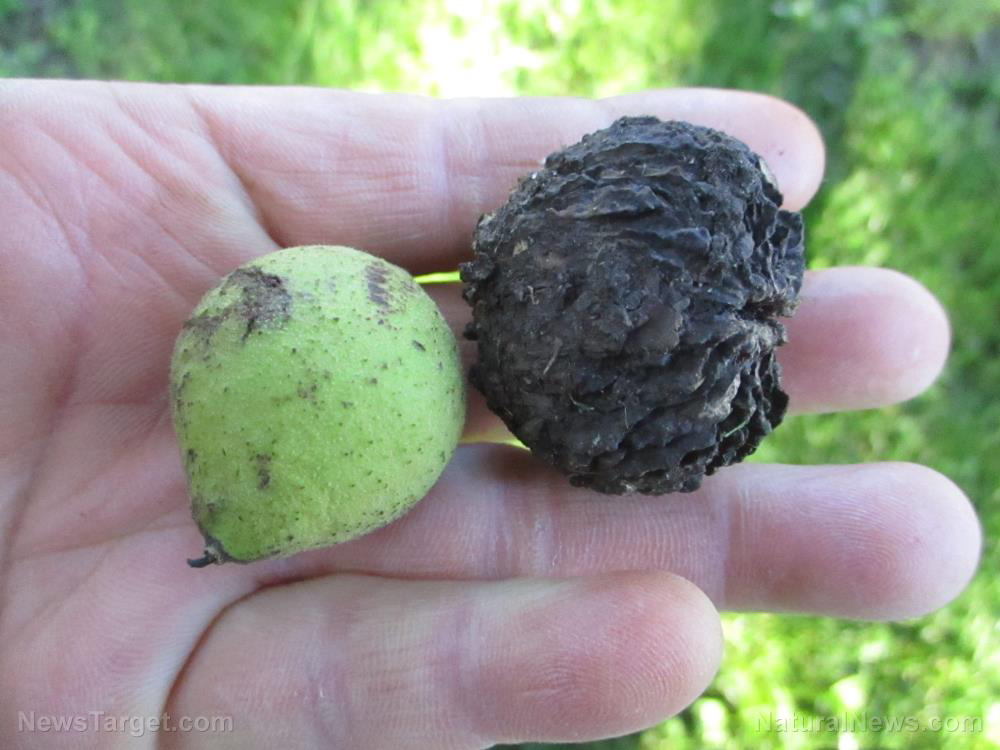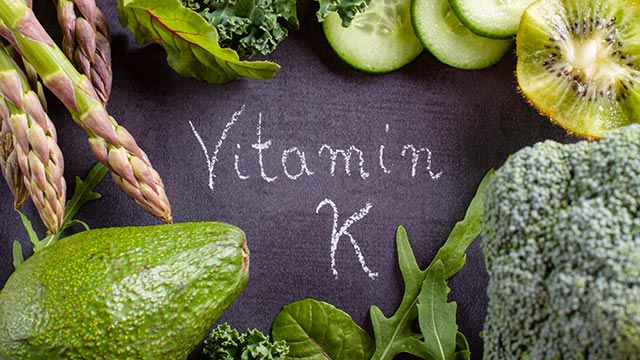Black walnuts found to suppress appetite and oxidative degradation of lipids
02/03/2022 / By Ralph Flores

Researchers have found that adding black walnuts (Juglans nigra) to your breakfast not only helps you feel fuller, but also protects your cells from oxidative damage. In their report, which was published in the journal Nutrition Research, the team explored the benefits of using black walnuts as a butter substitute.
Consuming black walnuts increased satiety
Black walnut trees are native to North America, where they are prized for their close-grained wood. Early settlers, in particular, discovered that its heartwood was resistant to decay and was used as fence posts, poles, shingles and sills. Aside from being a wood source, black walnuts are also used in traditional medicine for treating shingles, sores and intestinal problems.
In their report, the team noted that most studies on the health benefits of walnuts use English walnuts (Juglans regia), which have a different nutritional profile than black walnuts. While walnuts are nutrient-dense, they argued that black walnuts have more protein than the more popular English walnuts. Black walnuts, they proposed, can improve satiety and even regulate postprandial increases in lipid peroxidation better than English walnuts.
Lipid peroxidation is a complicated cellular event that can disrupt a cell’s function and even cause it to die. This mechanism, in particular, is linked to serious conditions like Alzheimer’s disease, Parkinson’s disease and amyotrophic lateral sclerosis (ALS), among others.
A total of 30 healthy adults participated in the randomized, double-blind control crossover study. At each testing visit, the participants were asked to eat a breakfast meal that had either butter (which served as the control) or a butter substitute (black walnut or English walnut). After three testing visits, the team noted that participants who ate black walnuts reported feeling fuller than those who had English walnut and butter. In addition, they had greater suppression of lipid peroxidation after eating.
“Substituting butter in a breakfast meal with [black walnuts] or [English walnuts] increased fullness; however, the [black walnut] meal was superior for suppressing overall appetite while also lowering postprandial lipid peroxidation,” the team wrote in their report. (Related: Prevent aging-related changes and oxidative stress with antioxidant walnuts and chokeberries.)
Other benefits of black walnuts
Black walnuts confer a number of health benefits aside from increased satiety, including improved cardiovascular health and protection against chronic disease. Here are some more benefits that you can get from eating black walnuts.
- Protects against fungal infections. A study published in the journal Antibiotics revealed that black walnuts exhibited antifungal activity against most Candida albicans strains. In their report, the team noted their antifungal activity was comparable to that of fluconazole. It’s worth noting that fluconazole can cause seizures, serious heart problems, liver problems and skin lesions in some people.
- Helps with weight loss. A study in Food and Nutrition Research found that people who ate 30 grams of black walnuts daily reported significant weight loss — despite black walnuts having additional calories.
- Benefits heart health. Research has shown that eating black walnuts decreased total cholesterol and low-density lipoprotein (LDL) levels.
Nutritional facts of black walnuts
Black walnuts are packed with protein and healthy fats, as well as vitamins and minerals. A one-ounce serving of black walnuts contains the following minerals.
- Magnesium: A mineral used for many bodily processes, including regulating muscle and nerve function, blood sugar levels and blood pressue.
- Phosphorus: An essential mineral that builds and maintains bones and teeth.
- Potassium: One of the seven essential macrominerals, potassium helps with the function of the kidneys, the heart, the muscles and the nervous system.
Learn more about the health benefits of black walnuts at FoodScience.news.
Sources include:
Submit a correction >>
Tagged Under:
antioxidant, Black walnuts, food is medicine, food science, functional food, lipid peroxidation, natural health, natural medicine, organics, prevention, research, Satiety, slender, weight management
This article may contain statements that reflect the opinion of the author
RECENT NEWS & ARTICLES
COPYRIGHT © 2017 FOOD SCIENCE NEWS




















